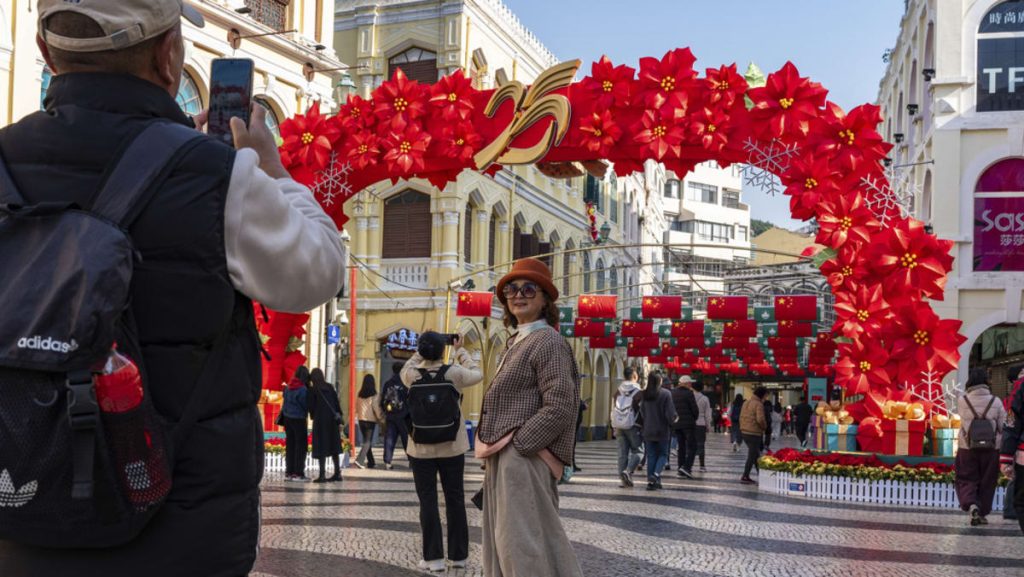Addressing Social Inequality in Macao: A Multifaceted Challenge
Macao, a Special Administrative Region of China, faces the complex challenge of addressing social inequality while striving for economic growth and cultural preservation. The COVID-19 pandemic has exacerbated existing disparities, highlighting the urgent need for robust policies and community support to mitigate the widening gap between the rich and the poor. The Macao government acknowledges this pressing issue and has implemented measures such as direct subsidies to low-income and middle-income families to alleviate the immediate financial burden on vulnerable populations. However, the efficacy and long-term impact of these measures remain to be seen.
Social service organizations, including Caritas Macau, play a crucial role in supporting those most affected by social inequalities. Caritas, with over four decades of experience serving the community, provides essential services to thousands of individuals annually, encompassing food bank distribution, elderly care, and support for migrant workers. This vital support network serves as a safety net for vulnerable populations, addressing their immediate needs and supplementing government efforts. However, these organizations face capacity limitations and advocate for increased government support to expand their reach and impact.
Migrant workers constitute a particularly vulnerable segment of Macao’s population, facing unique challenges due to their precarious employment status and limited access to social welfare. With a significant portion of the migrant worker population being non-Chinese speaking, linguistic barriers further compound their difficulties in accessing essential services and advocating for their rights. The lack of comprehensive social welfare and financial assistance for migrant workers underscores the need for more inclusive policies that address the specific needs of this vulnerable group. This calls for a multi-pronged approach involving legislative reforms, increased resource allocation, and enhanced cross-cultural communication strategies to bridge the gap and ensure equitable access to essential services.
Beyond addressing immediate needs, the pursuit of social equality in Macao requires a holistic approach that considers the long-term well-being and integration of all residents. This includes fostering a sense of community and preserving the unique cultural heritage that shapes Macao’s identity. Residents emphasize the importance of prioritizing not only economic growth but also the cultivation of a society that values its rich Chinese and Portuguese heritage. This involves promoting cultural awareness, supporting cultural preservation initiatives, and encouraging intercultural dialogue to create a harmonious and inclusive environment for all residents.
Achieving true social equality demands sustained commitment from both the government and civil society. Collaborative efforts are crucial to develop targeted interventions, monitor progress, and adapt strategies as needed. This includes strengthening partnerships between government agencies, social service organizations, and community leaders to ensure a coordinated and effective response. Regular dialogue and feedback mechanisms are essential to understand the evolving needs of vulnerable populations and tailor programs accordingly.
Moving forward, Macao faces the multifaceted challenge of balancing economic development, social equality, and cultural preservation. This requires a long-term vision that prioritizes inclusivity, invests in human capital, and promotes social cohesion. Addressing the complex issue of social inequality requires not only immediate interventions but also a fundamental shift in mindset that values diversity, empowers marginalized communities, and fosters a sense of shared responsibility for the well-being of all residents. This collaborative effort, involving government, civil society, and the community at large, is essential to building a more equitable and sustainable future for Macao.

